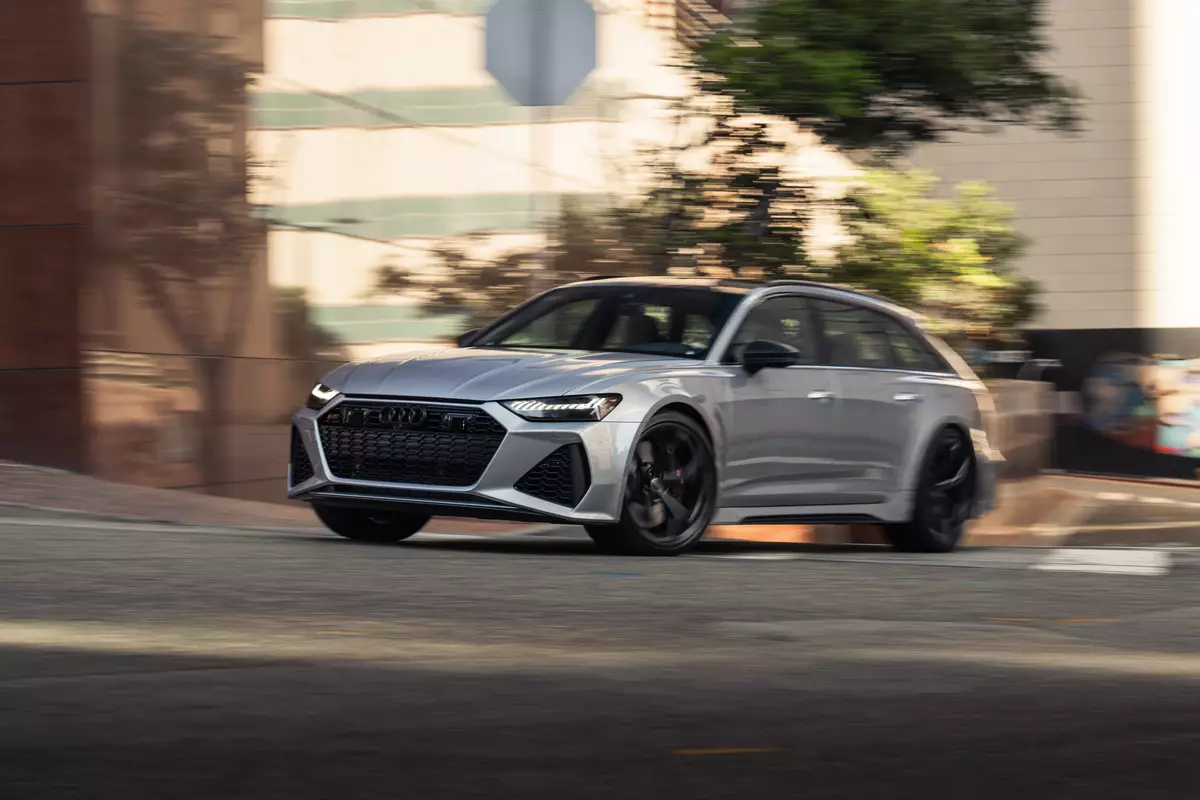Auto Show Faceoff: 2024 Toyota Grand Highlander Vs. 2024 Volkswagen Atlas

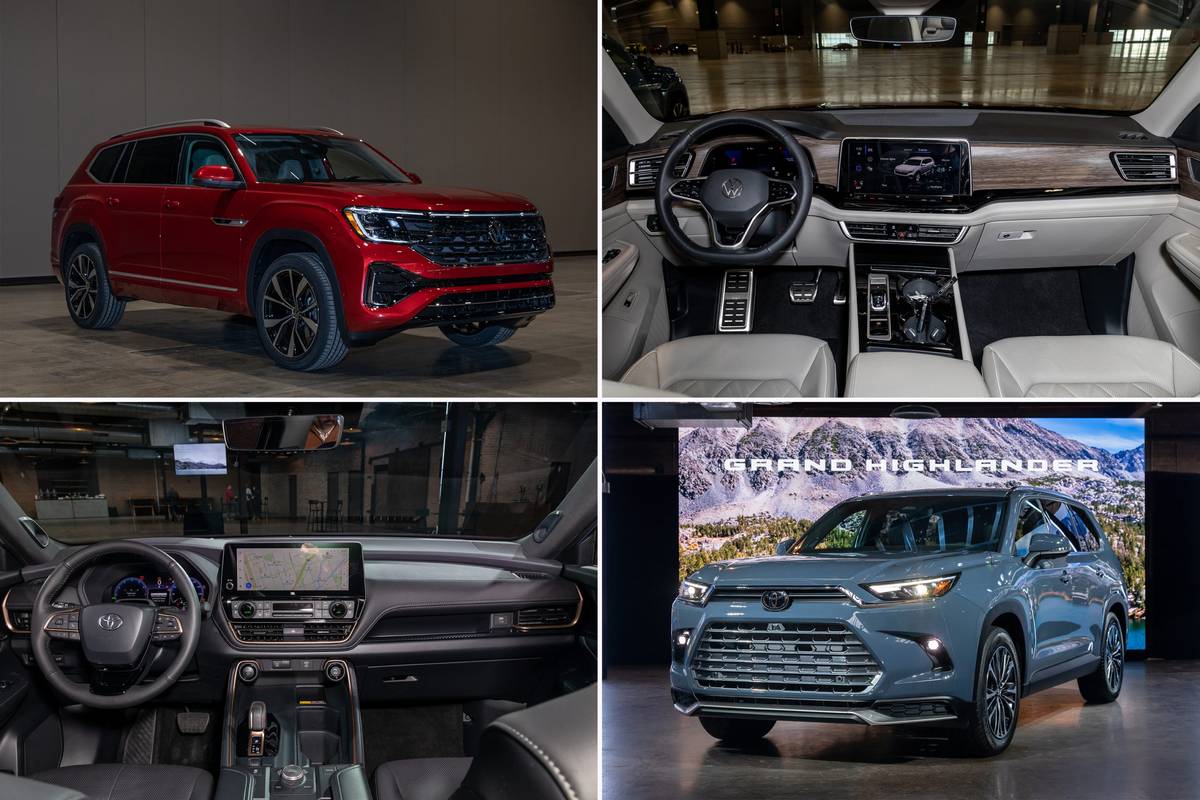
Two of the key new-vehicle debuts at the 2023 Chicago Auto Show are family-sized three-row SUVs that just happen to be in direct competition with each other. The new-for-2024 Toyota Grand Highlander is a stretched version of the original three-row Highlander, while the refreshed-for-2024 Volkswagen Atlas brings a number of noteworthy improvements to VW’s biggest SUV. The Chicago show gave us the perfect opportunity to compare these capacious contenders back to back out on the floor.
Related: More 2023 Chicago Auto Show Coverage
Interior Quality: Tie
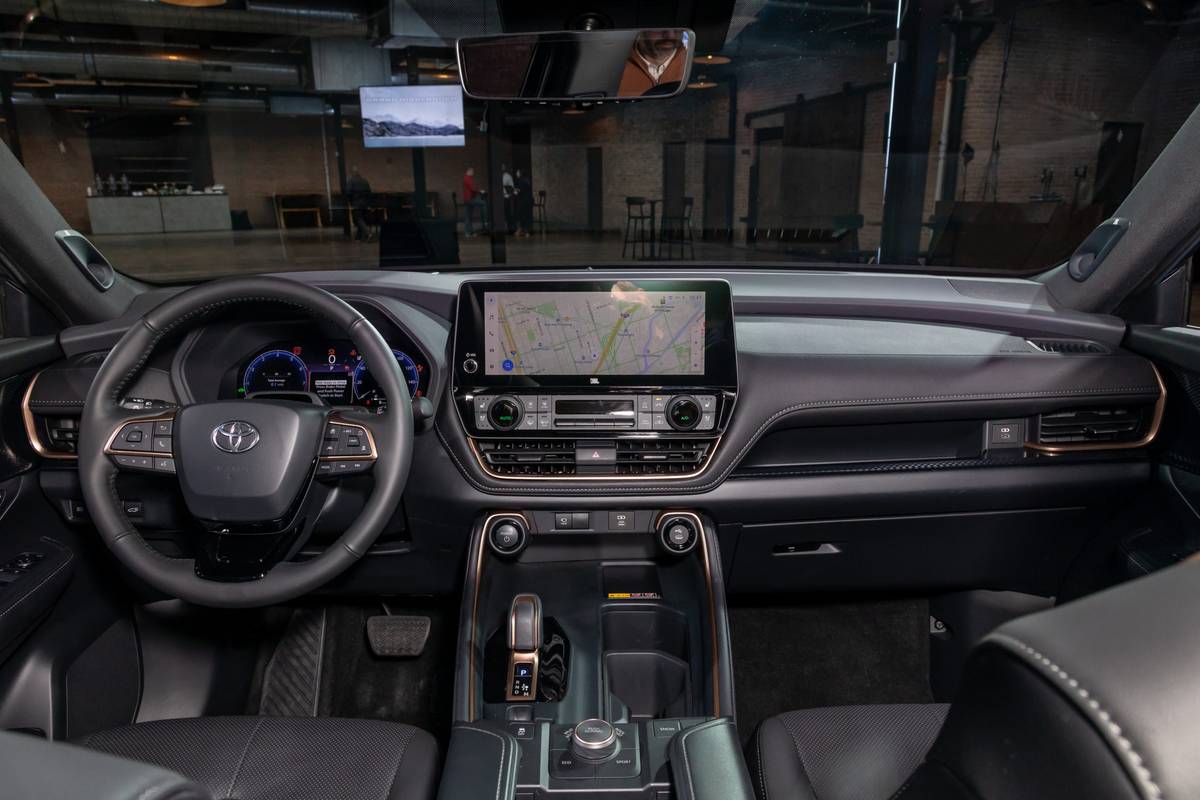
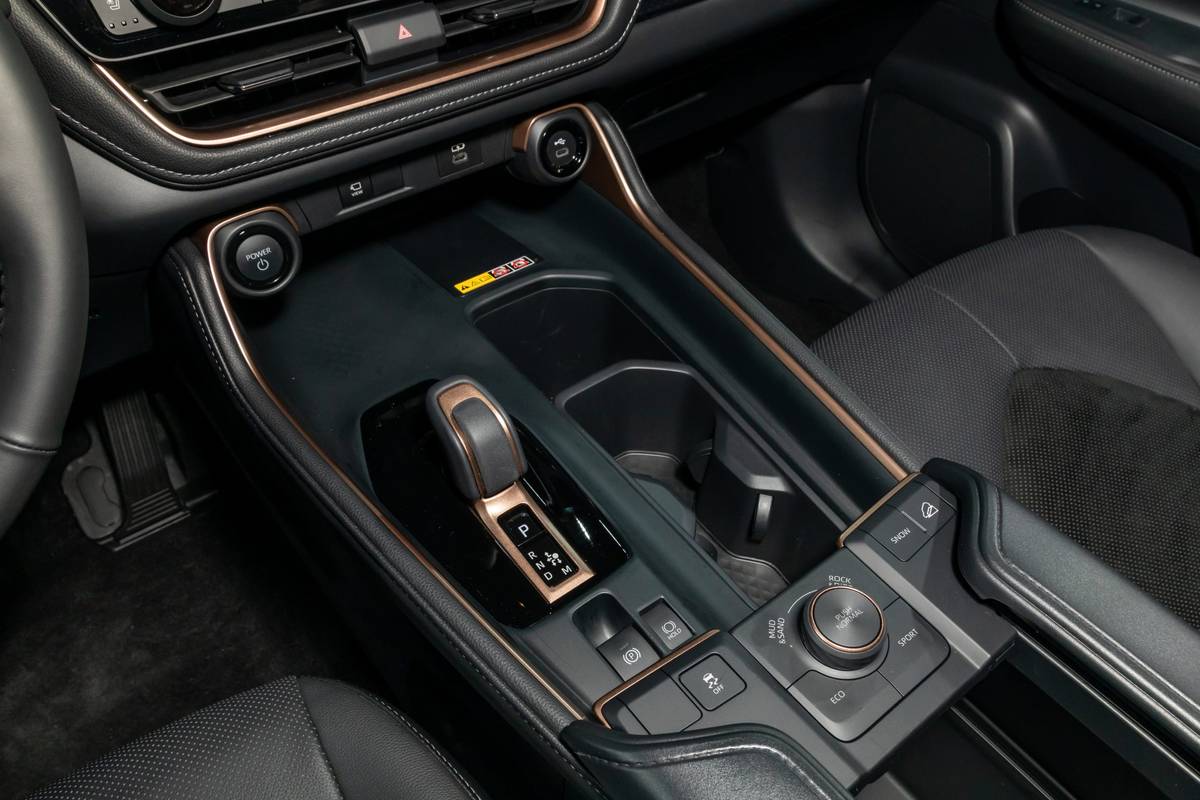
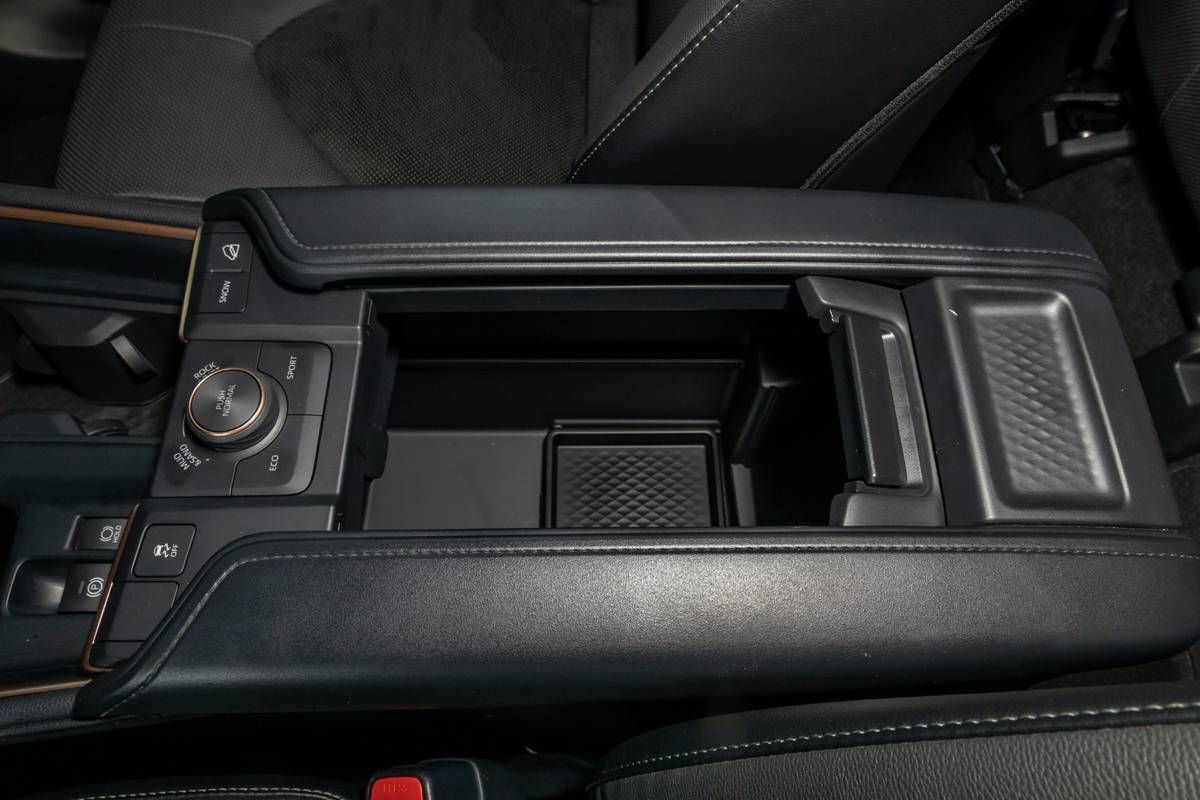
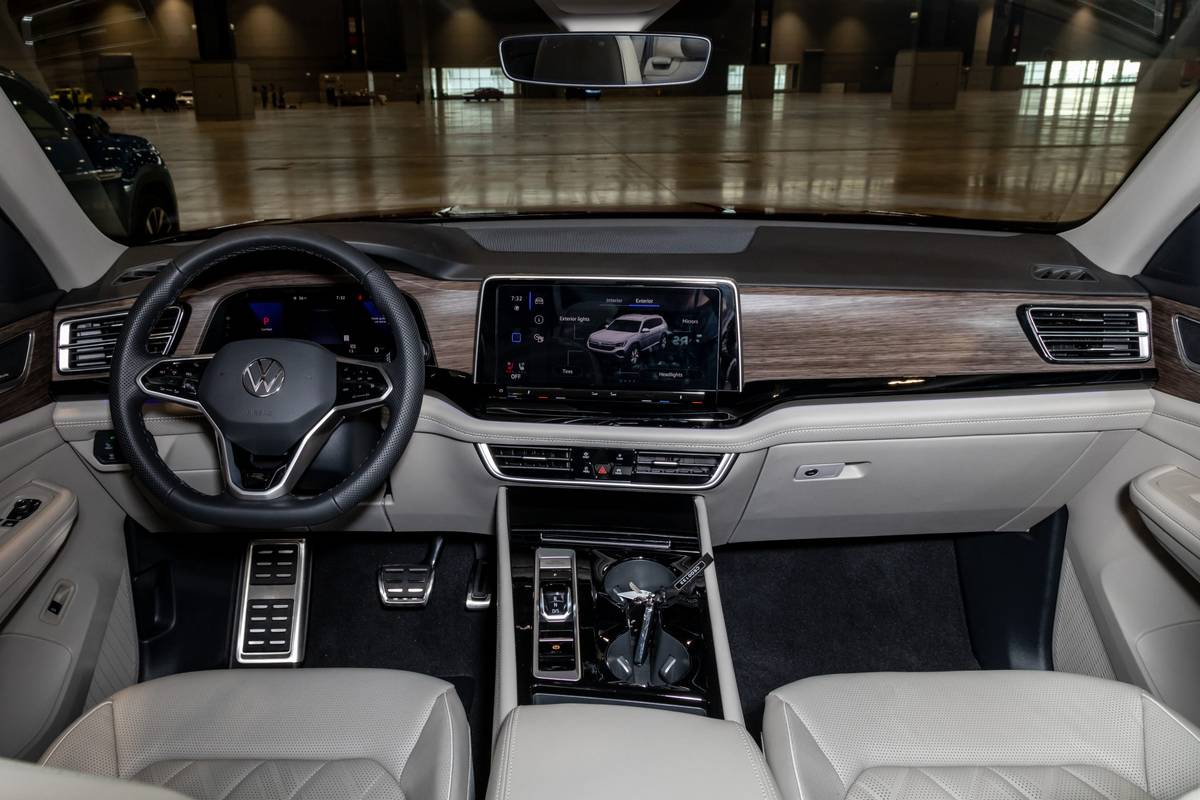
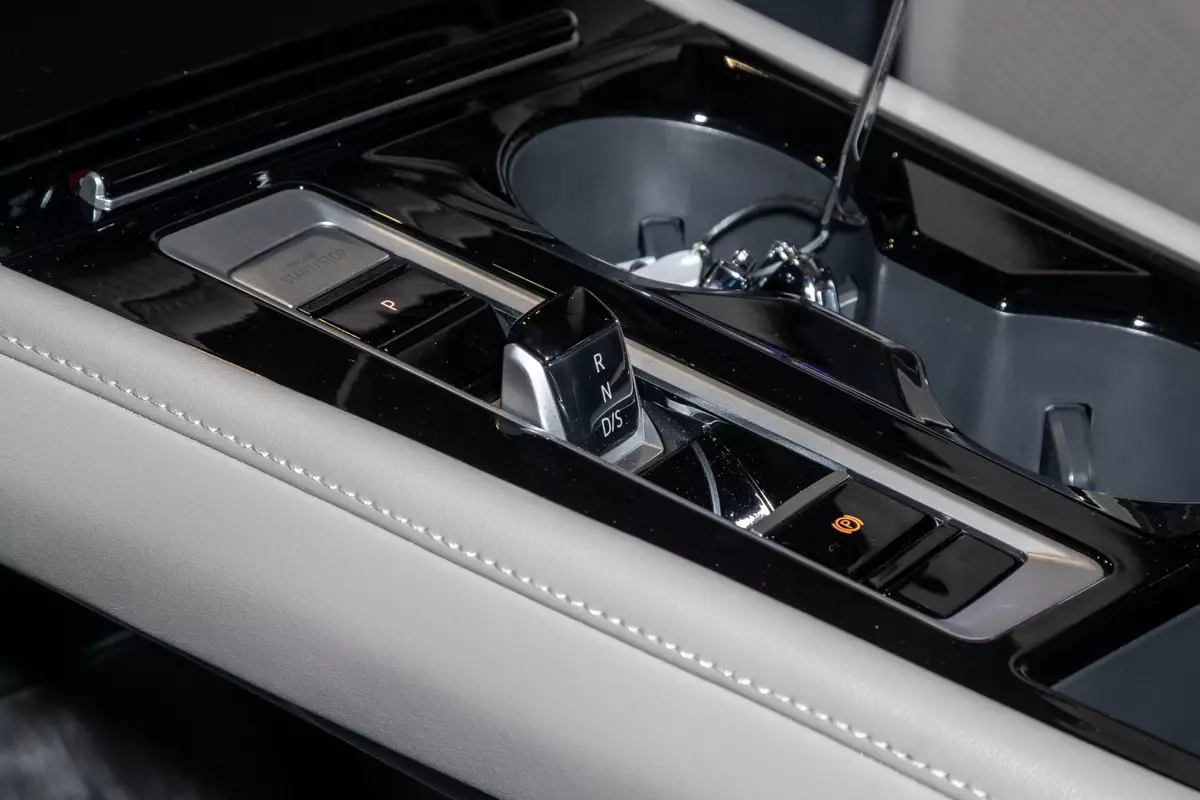
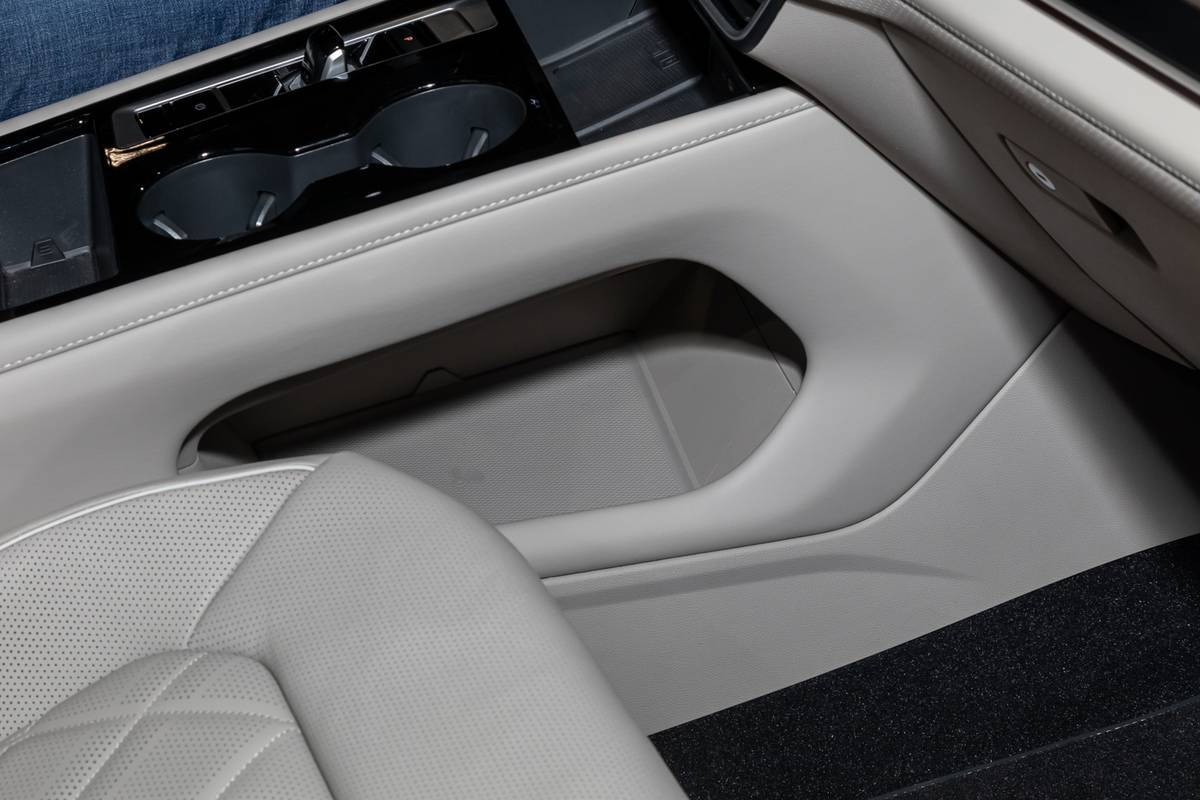






At least in the top-line models we examined in person (Platinum for the Grand Highlander, SEL R-Line for the Atlas), interior quality is close enough between the two that I would say it boils down to personal preference. I’ll give a slight edge to the VW’s look and feel, but the Grand Highlander is no slouch. The bronze-colored accents and suede-look seat inserts livened up the Grand Highlander’s cabin, but I preferred the satin-finish wood-look trim and 30-color configurable ambient lighting of the Atlas.
Small-items storage solutions are mostly comparable. The Grand Highlander’s center console looked more commodious than that of the Atlas, but both vehicles have a short gear-selector lever that makes it easier to access their cupholders and wireless charging pad. The Grand Highlander uses a rollback console-bin lid, which means its center armrest isn’t as nicely padded as the Atlas’ flip-up center console-bin lid (and my elbow lands right on the seam of the Grand Highlander’s padding). The Grand Highlander has a handy horizontal storage shelf built into the passenger side of the dashboard, and the Atlas gets an open storage area (ideal for stashing a purse) underneath its center console.
Multimedia Controls: Grand Highlander
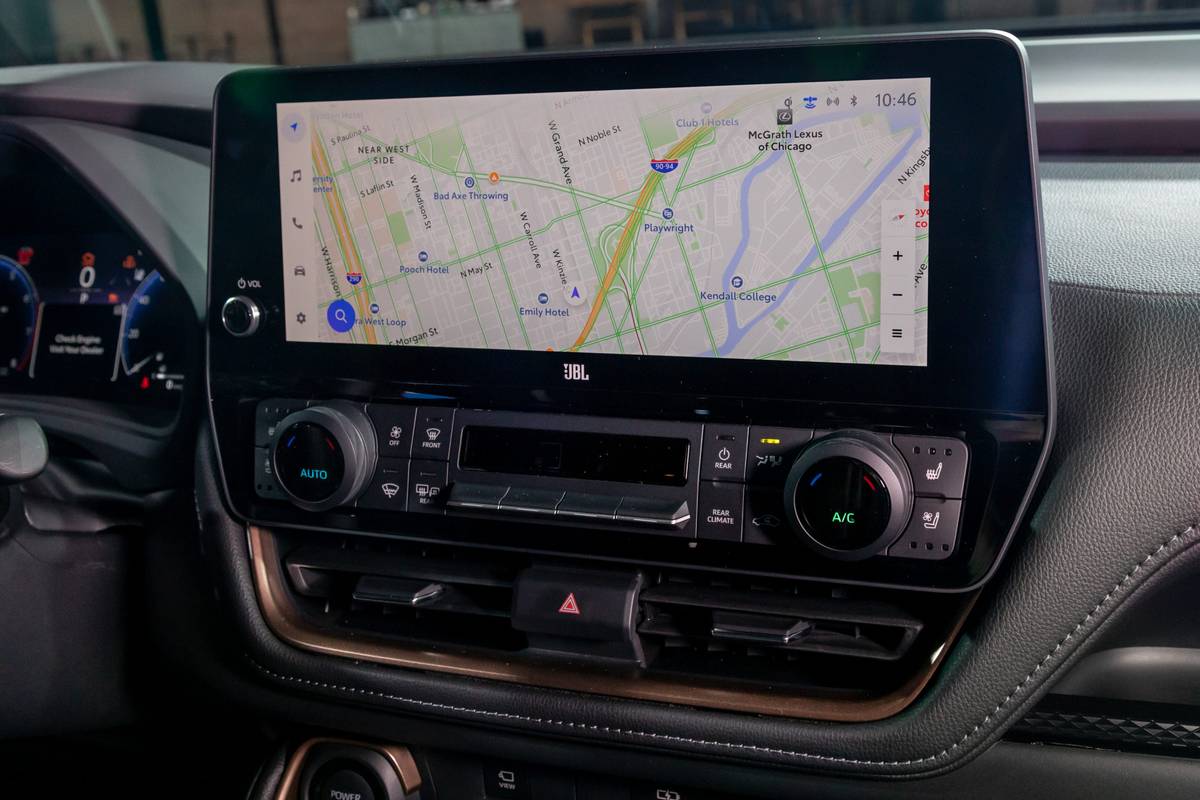
The Grand Highlander is almost certainly the winner here. It gets the multimedia system that was recently rolled out on the redesigned Tundra pickup truck, with a 12.3-inch touchscreen and robust voice command capabilities. The Atlas gets a 12-inch touchscreen, but its interface looks similar to the interface of the ID.4 EV’s, a system we’ve found frustrating and nonintuitive. The Atlas also gets touch-sensitive controls that we’ve previously found inferior to traditional physical buttons; the Grand Highlander thankfully sticks to physical buttons, knobs and switches.
Second-Row Comfort: Atlas
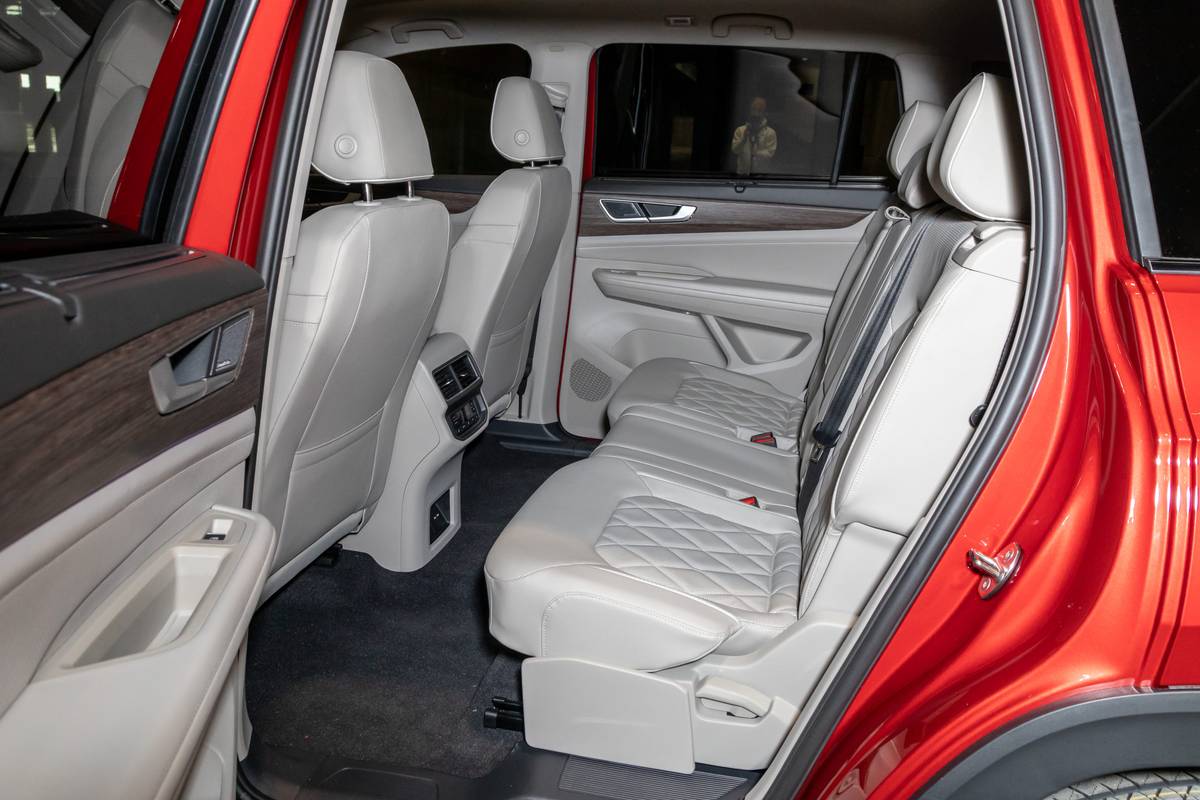
The edge goes to the Atlas here. I’m 6-foot-6, so if I can fit in these seats, chances are you can, too (unless you’re NBA-player tall). With the sliding second-row seats set all the way back, I had good legroom in both vehicles even with the front seats also set all the way back. It’s worth noting the Atlas has a broad enough range of fore-aft adjustability for the driver’s seat that I did not have to set the seat all the way back, which is usually my first step in getting behind the wheel of a vehicle for the first time. My head ever so slightly grazed the panoramic moonroof housing in the Grand Highlander, but not in the Atlas. If you prefer one over the other, the Toyota’s climate control vents are mounted in the headliner above the rear door openings; the VW’s are built into the center console.
Third-Row Comfort: Atlas
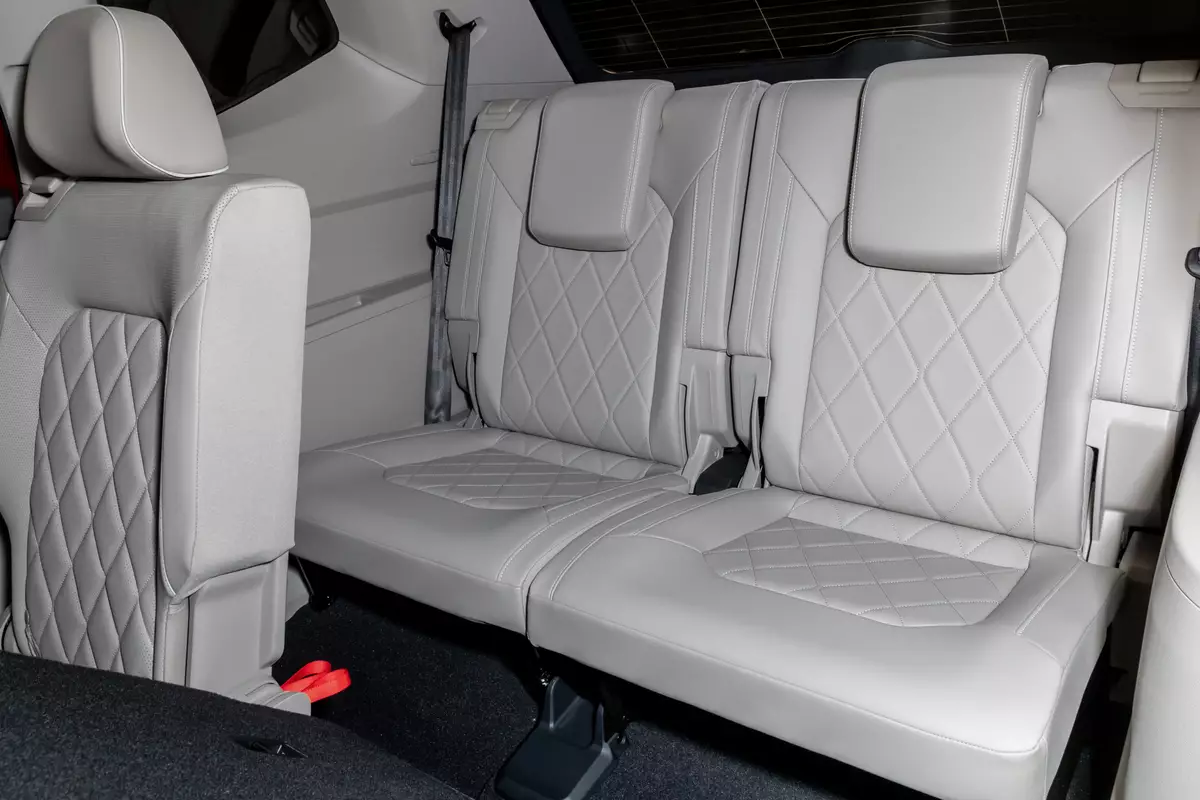
The Atlas comes out slightly ahead here, too. My head brushed the headliner of the Grand Highlander, and legroom was sufficient only if the second-row seats were adjusted almost all the way forward. I had just enough headroom without brushing the headliner in the Atlas and a little more legroom, as well. I suspect the Atlas’ second row is roomy enough that passengers can slide their seats forward a bit more to free up legroom for third-row occupants, but again: 6-foot-6 guy talking here. Most average-height adults will be just fine in either of these vehicles’ third-row seats.
Ease of third-row entry and exit is mostly a wash between the two vehicles — both have similar-sized passages to the third row when the second-row seats are tilted and slid forward. I appreciated the Grand Highlander’s generously sized “step plate” on the floor and its molded-in grab handles on the interior side panels (which also double as mounting points for the third-row USB chargers — clever).
Cargo: Tie
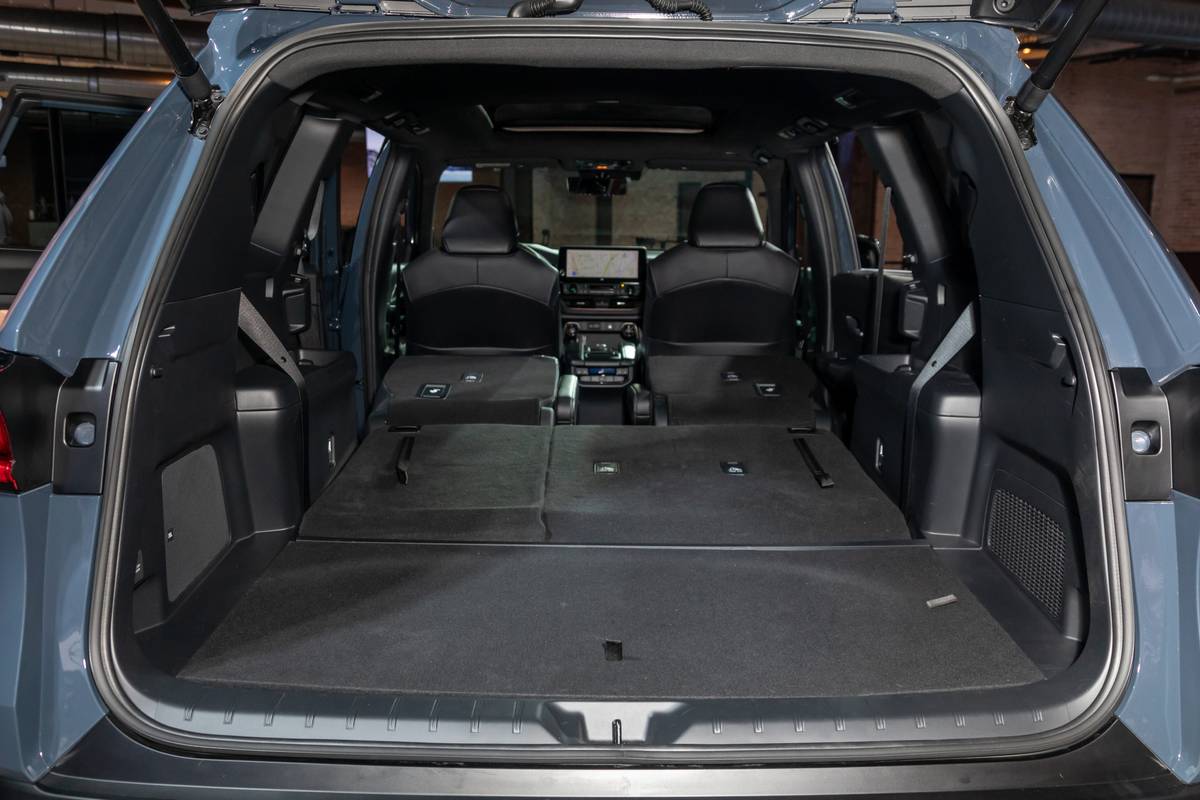
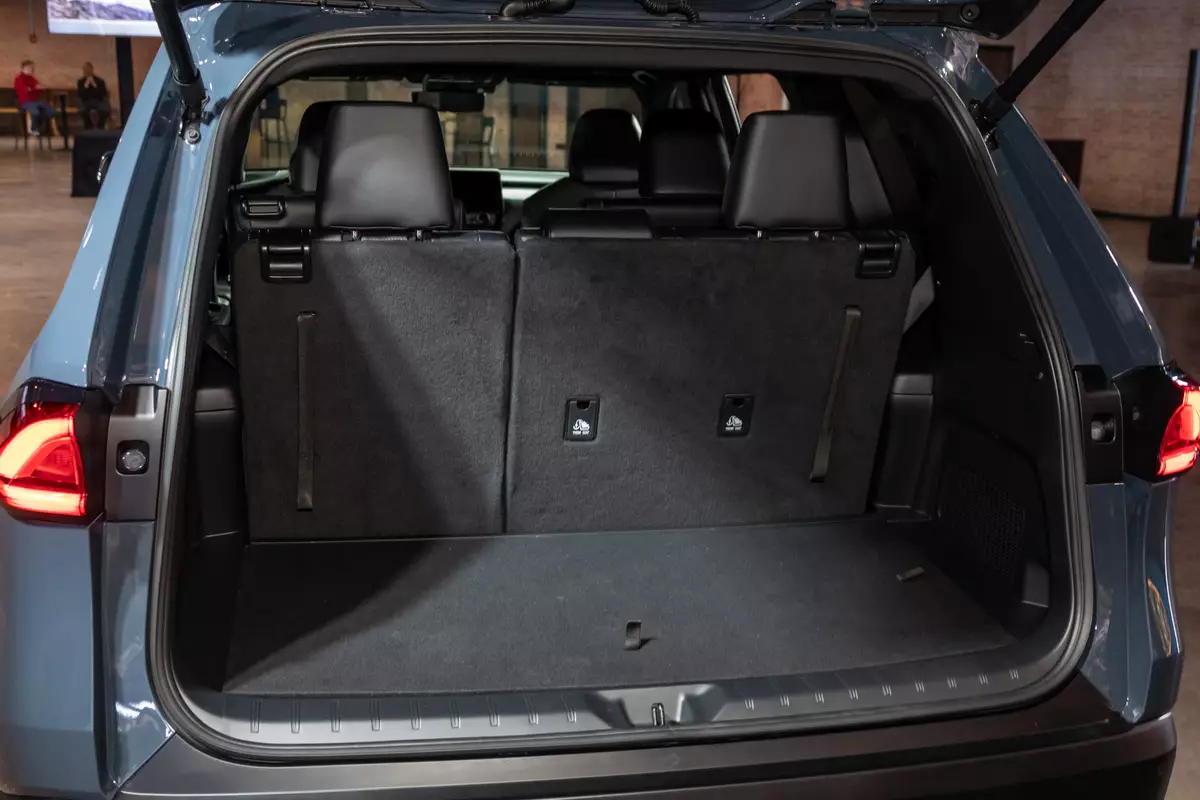
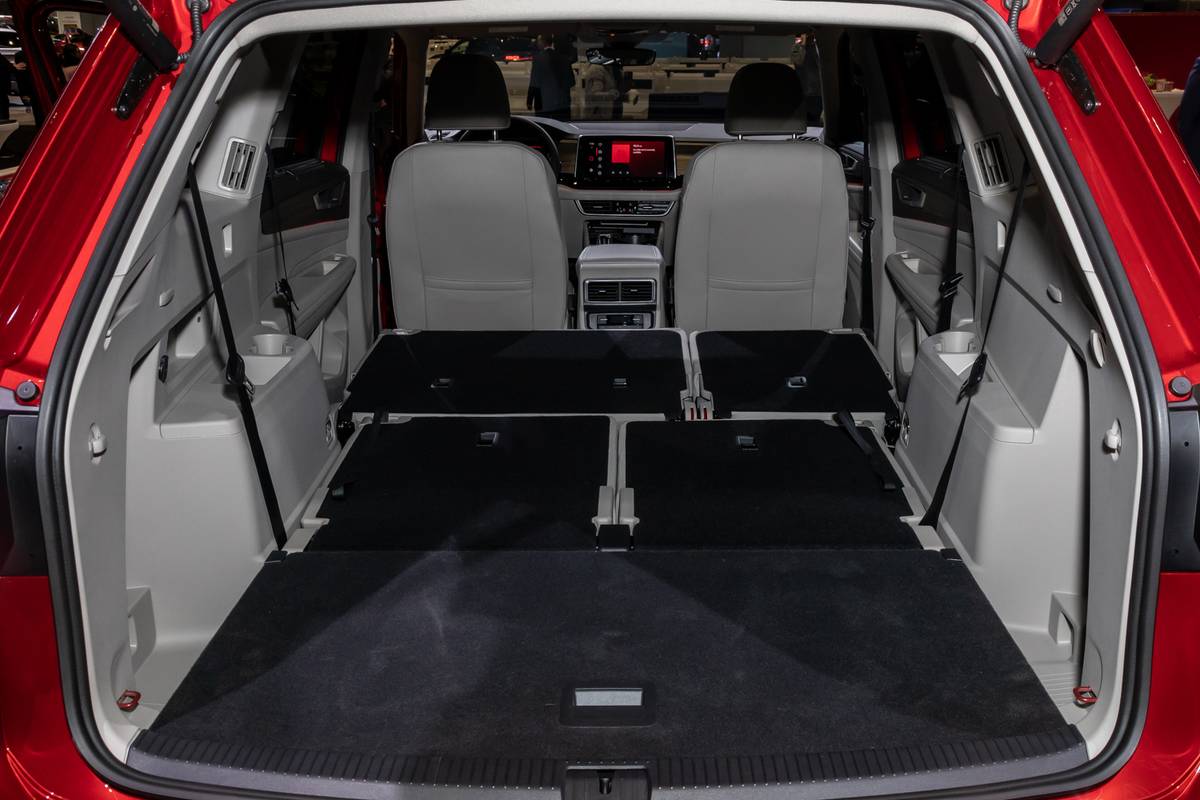
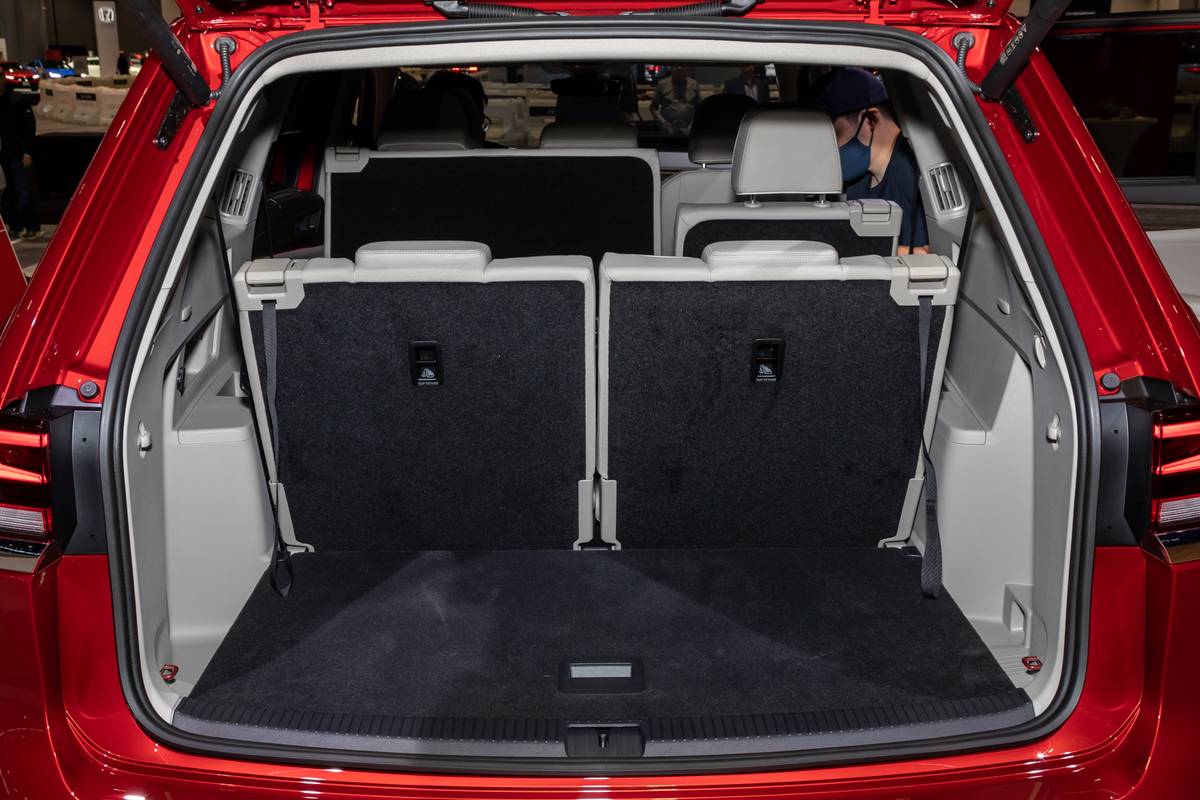




I’ll call this one a wash. Interestingly, the manufacturer’s specs for the Grand Highlander’s and 2023 Atlas’ cargo volume behind the third-row seats are exactly the same: 20.6 cubic feet. Toyota’s numbers put the Grand Highlander’s maximum cargo volume, with both the second- and third-row seats folded, slightly ahead of the 2023 Atlas: 97.5 cubic feet versus 96.8 cubic feet. In both vehicles, the seats fold flat to create a smooth, level load floor that makes it easy to slide large items forward.
More Questions Need to Be Answered
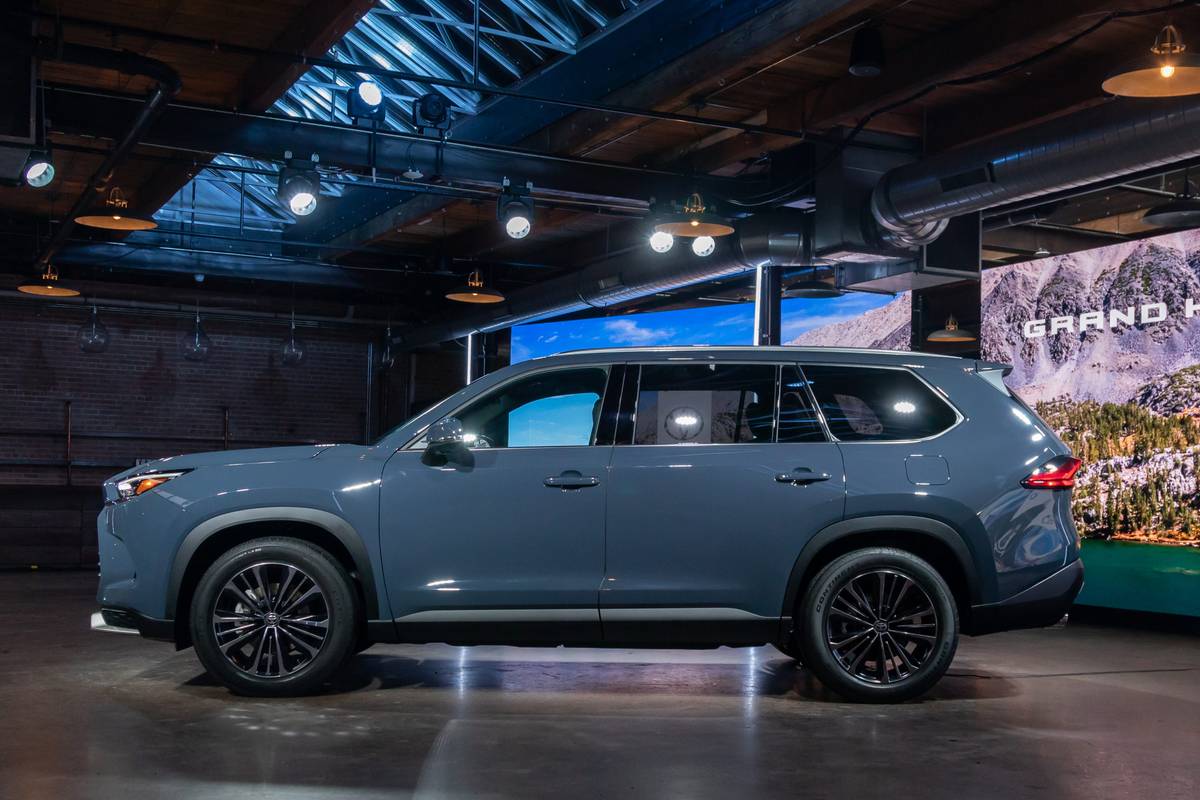
Some key questions remain before we can determine a clear winner — or if there even is a clear winner between these two. Real-world fuel economy and power will likely be similar between the Atlas and the Grand Highlander’s base engine, but the Toyota’s available hybrid powertrains (even the 362-horsepower Hybrid Max version) should handily trump the VW’s fuel economy. Usability of the Atlas’ new infotainment system is another big question mark as well, as is pricing. Neither Toyota or VW has released pricing info yet, but these and other details will come later in the year — as will our first test drives. Stay tuned.
More From Cars.com:
- Up Close With the 2024 Toyota Grand Highlander: Grander in Every Way
- Up Close With the 2024 Volkswagen Atlas, Atlas Cross Sport: Classier, With a Caveat
- Auto Show Faceoff: 2024 Volkswagen Atlas Vs. 2023 Kia Telluride
- Which SUVs, Minivans and Sedans Have the Most Cargo Space?
- 2023 Volkswagen Atlas Cross Sport Carries Over With New $35,755 Starting Price
Related Video:
Cars.com’s Editorial department is your source for automotive news and reviews. In line with Cars.com’s long-standing ethics policy, editors and reviewers don’t accept gifts or free trips from automakers. The Editorial department is independent of Cars.com’s advertising, sales and sponsored content departments.

Senior Research Editor Damon Bell has more than 25 years of experience in the automotive industry, beginning as an Engineering Graphics researcher/proofreader at model-car manufacturer Revell-Monogram. From there, he moved on to various roles at Collectible Automobile magazine and Consumer Guide Automotive before joining Cars.com in August 2022. He served as president of the Midwest Automotive Media Association in 2019 and 2020.
Featured stories
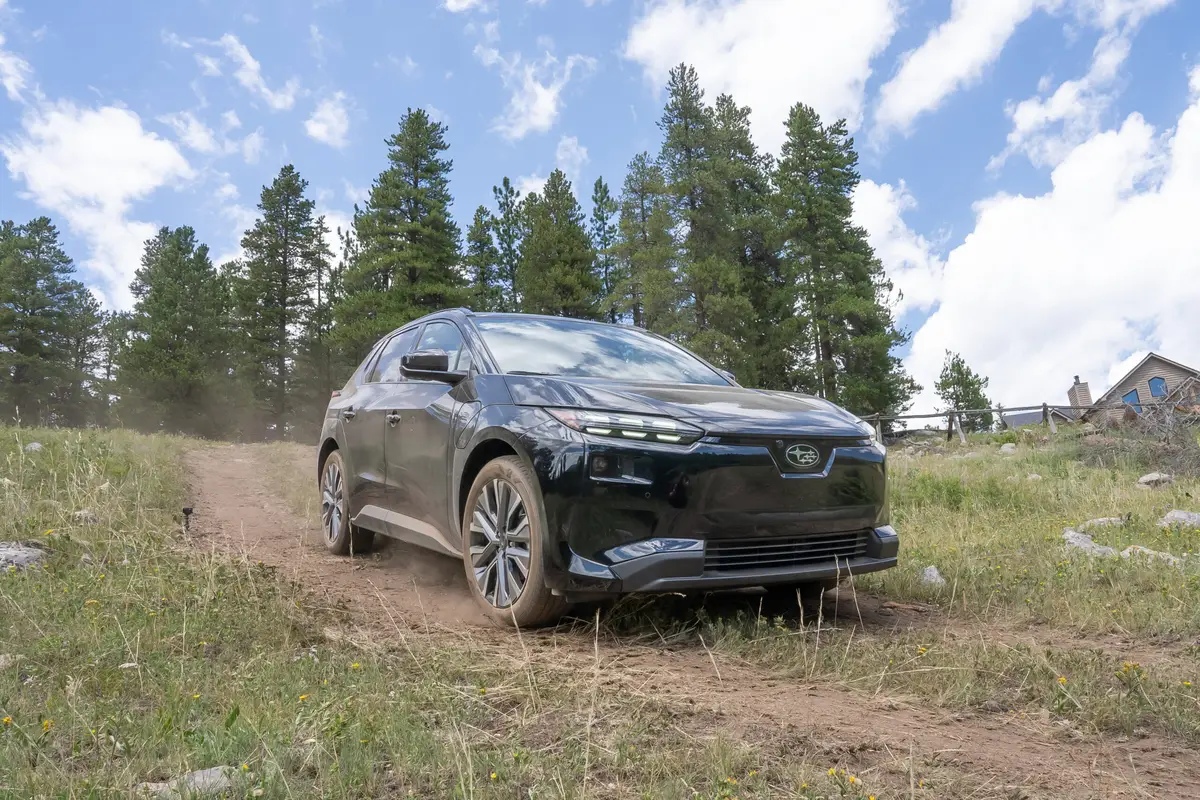
2026 Subaru Solterra Review: Necessary Improvements

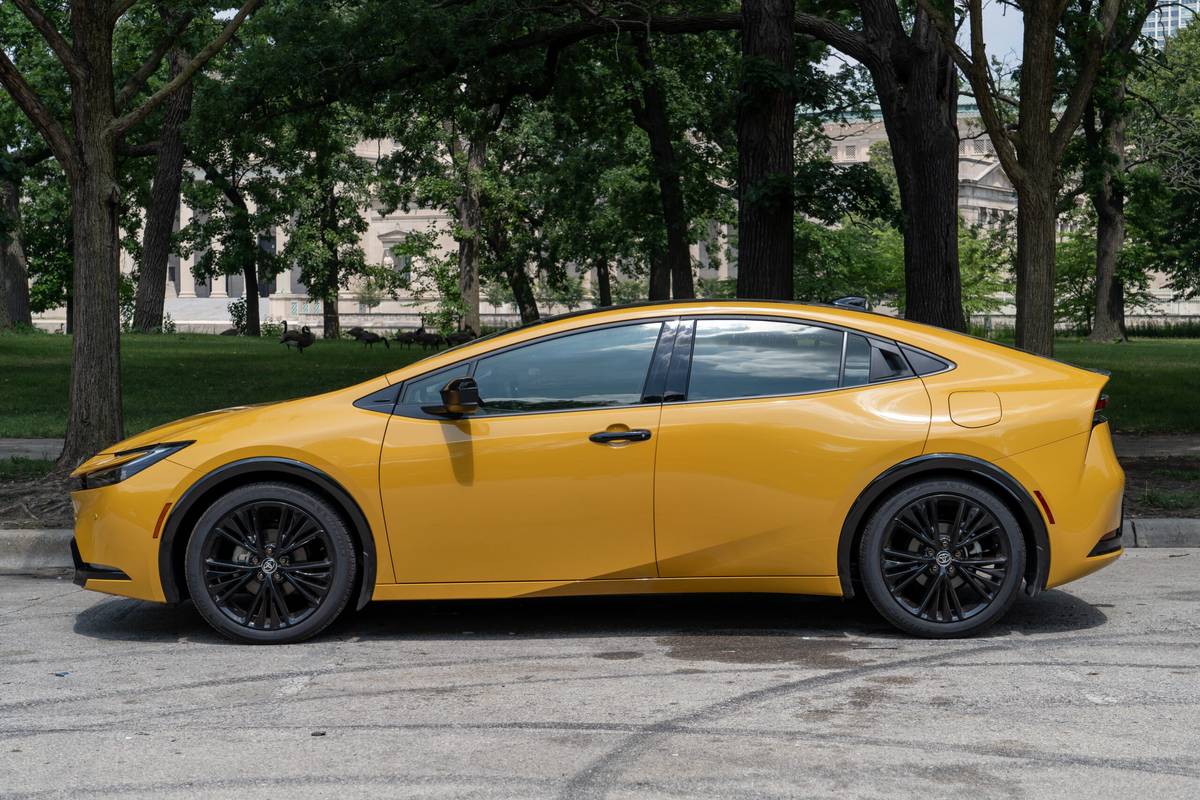
2025 Toyota Prius Review: Big on Mileage, Small on Space

